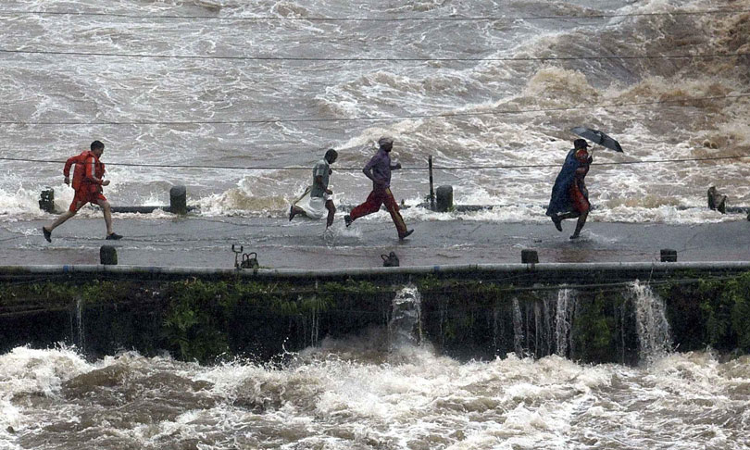Disaster Management Act Statutorily Recognizes Apat Dharma, Overrides Other Laws During Disasters: Kerala High Court
Hannah M Varghese
19 Nov 2021 5:29 PM IST

Next Story
19 Nov 2021 5:29 PM IST
The Kerala High Court has ruled that the Disaster Management Act, 2005 provides statutory recognition to the principle of Apat Dharma and that in times of disasters, the Act will override other laws in times of disasters since it is intended to protect lives. Justice N Nagaresh observed that without the Act having such overriding power, all other rights liberties and freedoms will lose...
